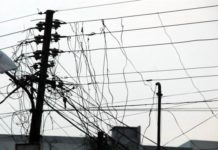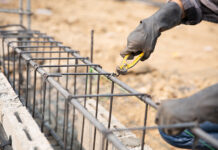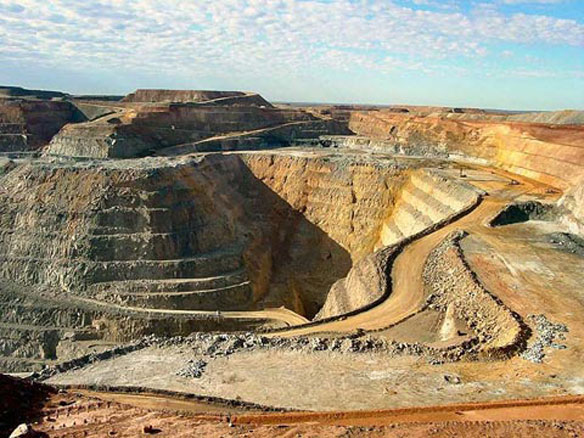Pakistan’s resource-rich Baluchistan province wants Chinese companies to kick-start a boom in its mining industry by including the sector into Beijing’s “Belt and Road” initiative, a senior provincial mining official said.
Beijing has pledged $57 billion for the China-Pakistan Economic Corridor (CPEC), a flagship “Belt and Road” project that first focused on Chinese firms building roads and power stations but is now expanding to include setting up industries.
Mineral extraction is a deeply contentious issue in Baluchistan, where many indigenous people are angry that the province remains Pakistan’s poorest despite its vast mineral wealth.
Much of the province’s population is suspicious of both foreign companies and the central government in Islamabad, while separatist groups cite exploitation of mineral wealth by outsiders as one of their main reasons for waging war.
Baluchistan has a significant natural gas industry but large-scale mining has failed to take off.
Foreign firms have been put off by security fears and a high-profile litigation case with Canada’s Barrick Gold and Chile’s Antofagasta over Reko Diq, one of the world’s biggest undeveloped gold and copper mines, in the province.
Saleh Muhammad Baloch, the province’s top mining official, said the plan is for Chinese companies chosen by Beijing to team up with local firms to mine marble, chromite, limestone, coal and other minerals, and set up steel mills and other plants.
“They will come as partners and technically support us,” Baloch, who is the province’s secretary for mines, said in the provincial capital of Quetta this week.
Baloch said the province wanted the projects to be set up close to the source of raw materials and near the new CPEC roads that will connect western China with Pakistan’s Arabian Sea port of Gwadar, in Baluchistan.
A profit-sharing formula will also be negotiated.
Baloch said the finer details of the province’s proposals were being worked out in Islamabad, where officials are finalizing plans for special economic zones and greater integration of Chinese companies into Pakistan’s economy.
He cited the Saindak copper and gold mine, operated by a subsidiary of state-run China Metallurgical Group Corporation, as an example to follow. The mine has been given export privileges and enjoys big tax breaks.
However, extraction of precious metals, such as copper and gold, will not fall under the CPEC remit.
“As far as precious metals are concerned, we will go for competitive bidding internationally,” Baloch said.
Baluchistan is seeking formal expressions of interest by international companies for an exploration block in the Tethyan belt, which boasts big copper and gold deposits.
The H4 block has estimated deposits of 148 million tonnes.
“Chinese, Australian, Turkish (companies)…are all interested,” Saleh said.
The H4 block is nearby the much richer Tethyan belt blocks mired in a legal dispute in international courts between Pakistan and Tethyan Copper Company, which is owned by Barrick Gold and Antofagasta.
Barrick Gold estimates a $3 billion investment would be needed for the mine. Baloch said he could not comment on the Reko Diq case due to the legal cases.
























